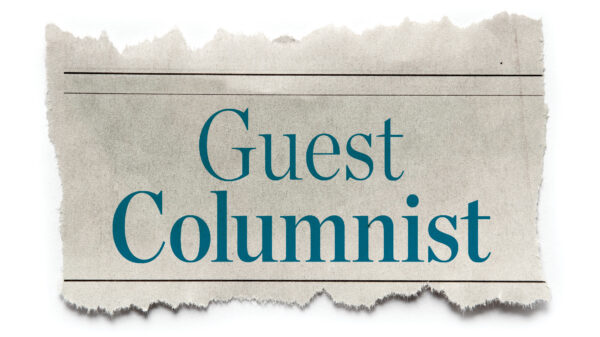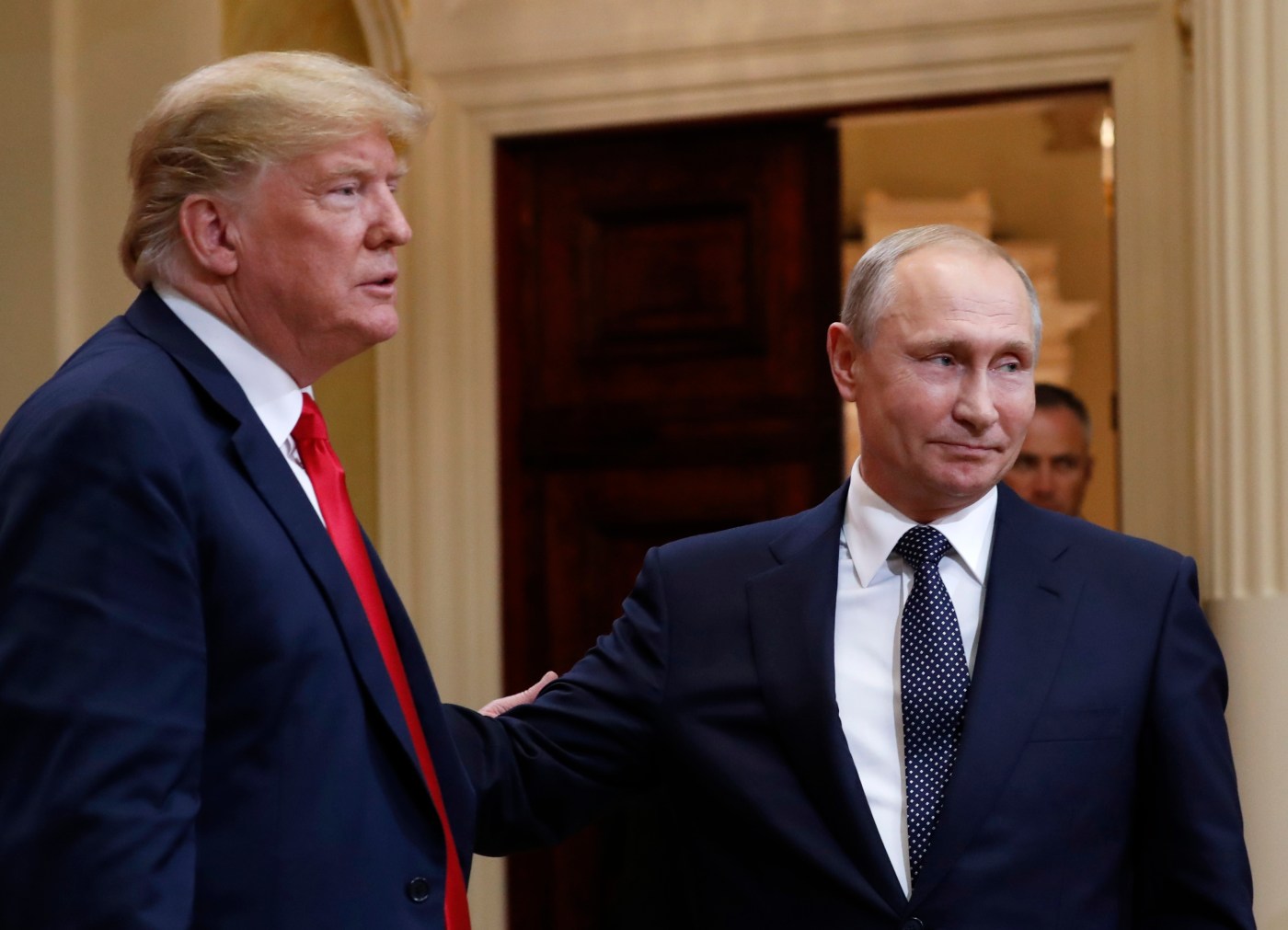Tomorrow, former U.S. President Donald Trump will host Russian President Vladimir Putin for a critical meeting at a military base in Anchorage, Alaska. This one-on-one summit aims to address the ongoing conflict in Ukraine, which has seen significant escalation since Russia’s invasion began. Notably absent from these discussions is Ukrainian President Volodymyr Zelenskyy, raising concerns about the representation of Ukraine’s interests in negotiations that could shape its future.
While the meeting between Trump and Putin is framed as a step toward peace, the absence of Ukrainian leadership underscores a troubling dynamic. With one party in the conflict—specifically, the aggressor—present for discussions, questions arise regarding the legitimacy and fairness of the dialogue. Trump’s previous remarks suggesting that peace might involve “swapping” or altering territorial boundaries have sparked unease. The implication that Ukrainian land could be exchanged or compromised is particularly sensitive, given the ongoing crisis.
Despite these concerns, there is a positive note regarding Trump’s willingness to consult with NATO allies ahead of the meeting. This contrasts with prior instances where Trump appeared dismissive of NATO’s unity. The alliance has consistently supported Ukraine’s sovereignty, and as Trump engages with Putin, it is crucial that he maintains a strong stance against any territorial concessions that would reward aggression.
If Putin is allowed to retain control over Ukrainian territory, it could embolden further Russian expansionism. History demonstrates that concessions to authoritarian regimes often lead to increased aggression. The international community has a vested interest in ensuring that Ukraine’s sovereignty is upheld, not just for the sake of justice but for practical geopolitical stability.
Trump has previously expressed skepticism about the financial and military support provided to Ukraine, but with substantial U.S. investments already made, it is critical for him to recognize the need for a robust negotiating position. Protecting Ukraine’s self-determination and deterring future Russian incursions should be prioritized in these discussions.
As the summit approaches, it is clear that high-stakes diplomacy is required. The complex nature of international relations necessitates careful deliberation rather than impulsive deal-making. Trump must approach these talks with the understanding that achieving lasting peace in Ukraine cannot be accomplished through quick fixes or headline-grabbing promises.
The outcome of this meeting holds significant implications not only for Ukraine and its people but also for global stability. The world is watching closely as Trump and Putin engage in talks that could shape the future of Eastern Europe. Both leaders must recognize the weight of their discussions, understanding that the decisions made in Anchorage will resonate far beyond the conference room.






































































